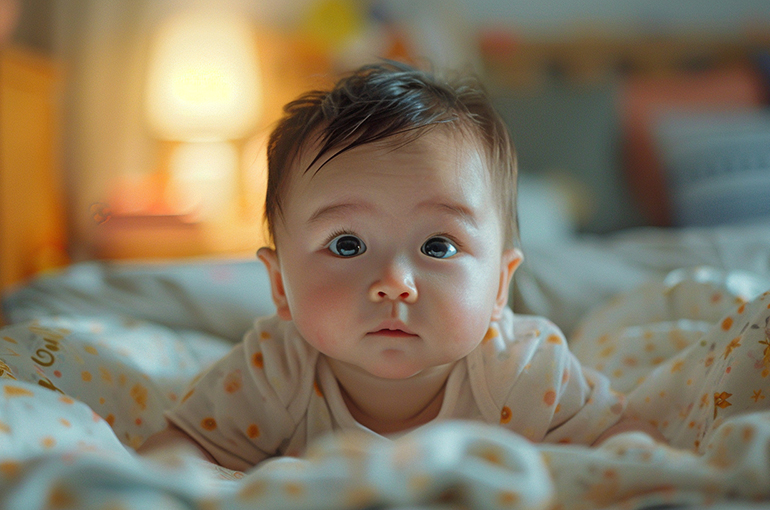 China to Offer Childcare Subsidies in Bid to Lift Birth Rate
China to Offer Childcare Subsidies in Bid to Lift Birth Rate(Yicai) July 29 -- China has introduced a nationwide childcare subsidy policy, granting CNY10,800 (USD1,500) per child for their first three years, in an attempt to boost the country’s birth rate.
Children born since this January will be eligible to receive CNY3,600 (USD500) per year for three years, Xinhua News Agency reported yesterday. The subsidies will be exempt from individual income tax and will not be counted as household or individual income.
China’s birth rate declined from 2016 to 2023 amid higher living costs, later marriages, and a preference among younger people for smaller families. But it rebounded last year, reaching 6.77 per 1,000 people, thanks to more government support and couples waiting to have children in the auspicious Year of the Dragon.
Childcare subsidies are a key measure to address the low birth rate and boost fertility, according to experts. The government’s work report for this year called for policies to promote births, disburse childcare subsidies, develop integrated childcare services, and increase the supply of affordable childcare options.
About 70 provincial, municipal, and county-level authorities have already rolled out local subsidy policies. Families in some regions can receive up to CNY10,000 for their first child, CNY50,000 (USD6,970) for their second, and CNY100,000 (USD13,940) for their third or more.
The declining birth rate has also brought about other issues, such as major challenges for the dairy and infant formula industries. The market for infant formula has shrunk by double-digit percentages since 2020.
The national childcare subsidy should bolster fertility and the willingness to have children, benefiting the mother-and-child and dairy sectors, according to dairy industry expert Song Liang. However, he also cautioned that population issues are not just economic but complex social questions, and he expects more systemic solutions in the future.
Editor: Futura Costaglione